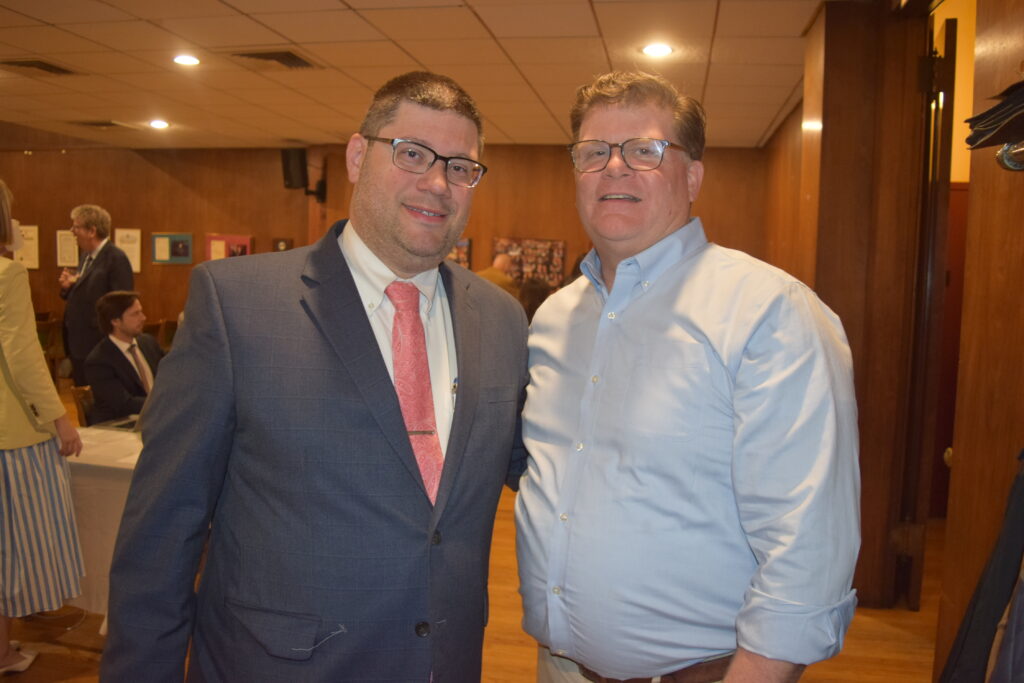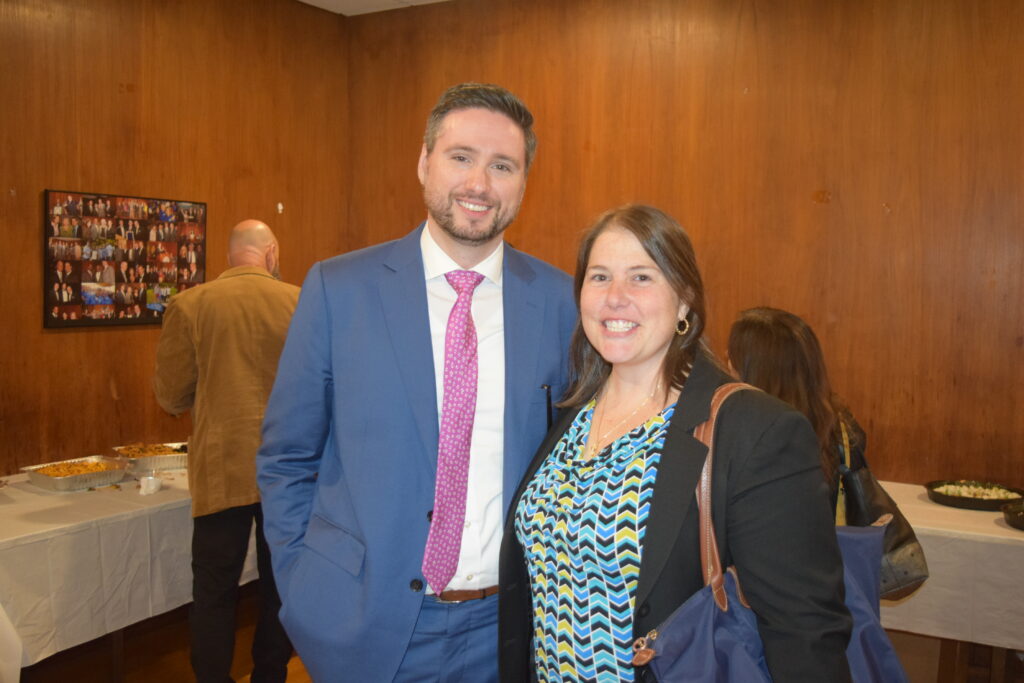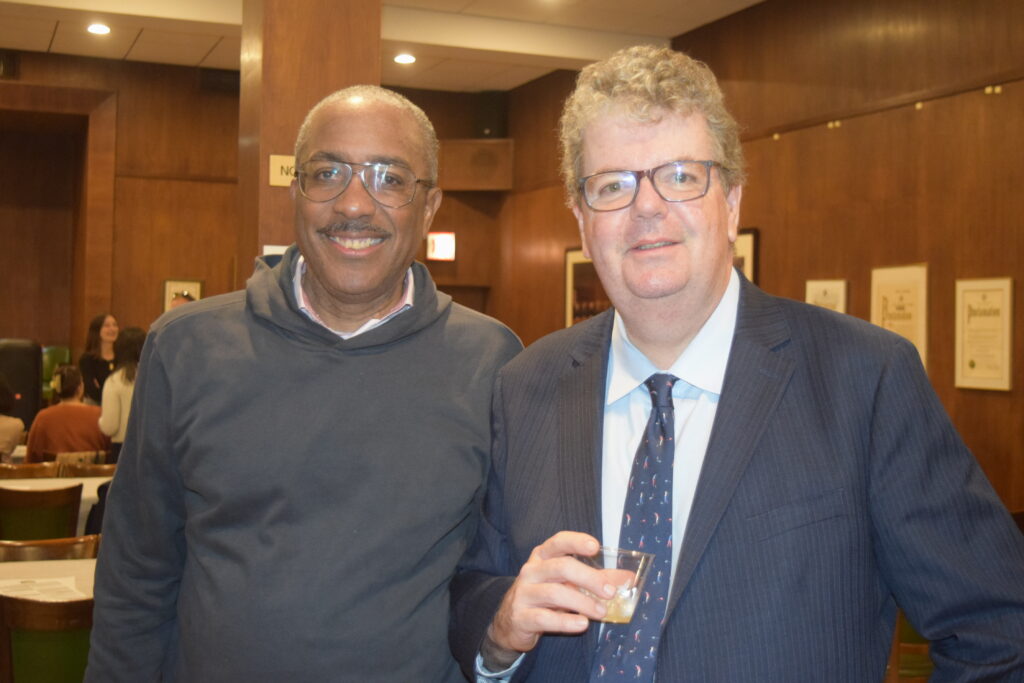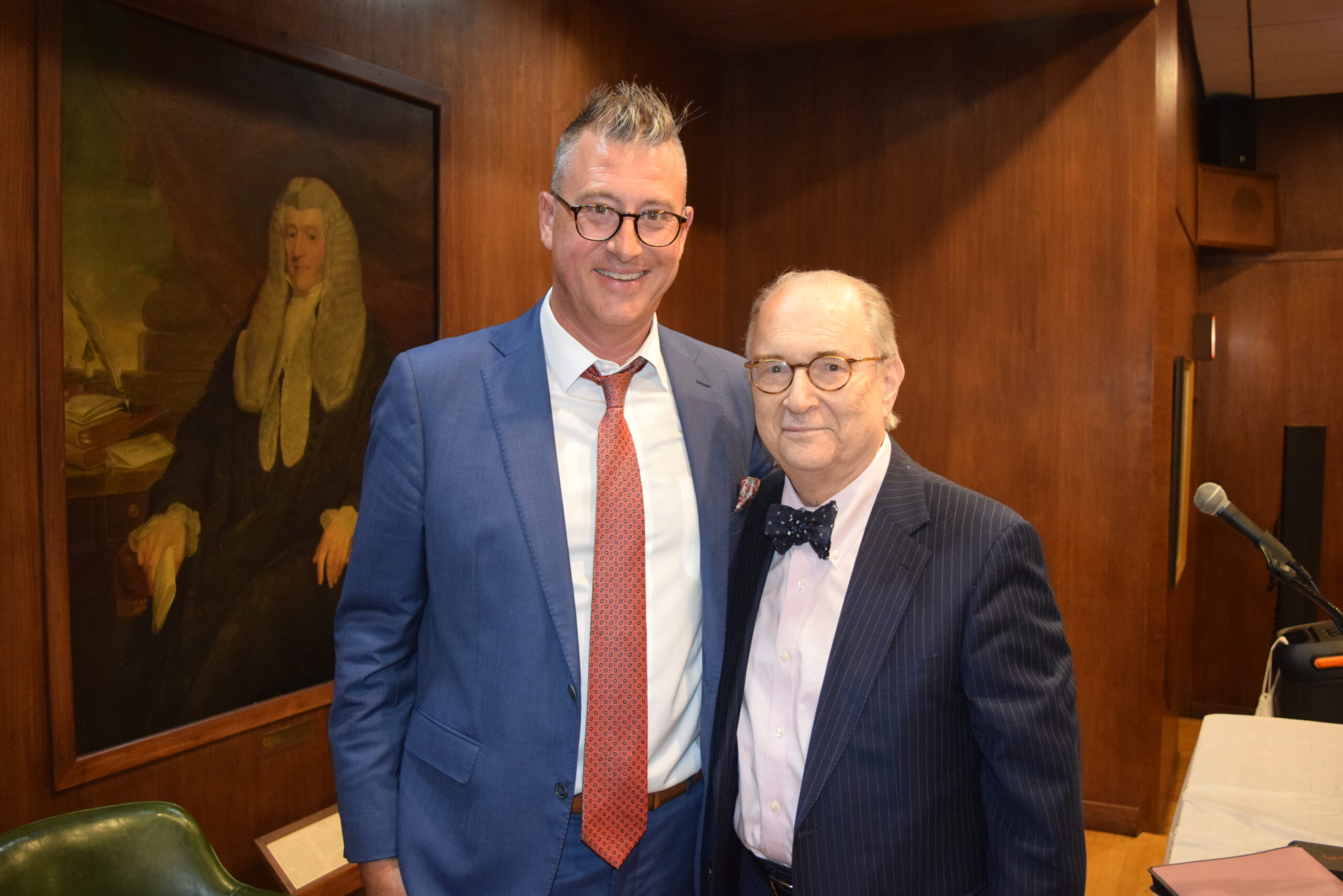Judge Kamins is an adjunct professor at Brooklyn Law School, where he imparts his knowledge on New York criminal practice. He is also the author of “New York Search and Seizure,” a seminal text in the field, and writes a regular column for the New York Law Journal.
During his lecture, Judge Kamins elaborated on several key rulings that have shaped the legal standards for search and seizure, particularly emphasizing the implications of these developments on current practices. He dissected various cases and statutory changes, providing attendees with a nuanced understanding of how recent jurisprudence affects law enforcement and legal defenses.

His talk also addressed practical aspects of Fourth Amendment rights, touching upon the nuanced thresholds for probable cause and the detailed criteria that law enforcement must meet to comply with legal standards. Judge Kamins’ ability to clarify complex legal principles and his deep analysis of current trends provided invaluable learning for both seasoned attorneys and those new to the practice of criminal law.

Since the Harvey Weinstein appeal was published earlier that same day, Judge Kamins addressed the case, particularly on how it will affect the application of Sandoval and Molineux during criminal trials.
“The appellate court’s decision to overturn Weinstein’s conviction due to improper admission of evidence underscores the need for courts to strictly adhere to the established frameworks of Sandoval and Molineux when considering the admissibility of prior bad acts,” said Judge Kamins.

In his remarks, Judge Kamins critiqued the trial court’s excessive latitude in allowing testimony about Weinstein’s unrelated past acts, which were presented to suggest a propensity for…
Read the full article here

Leave a Reply